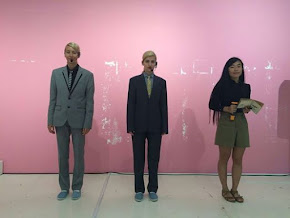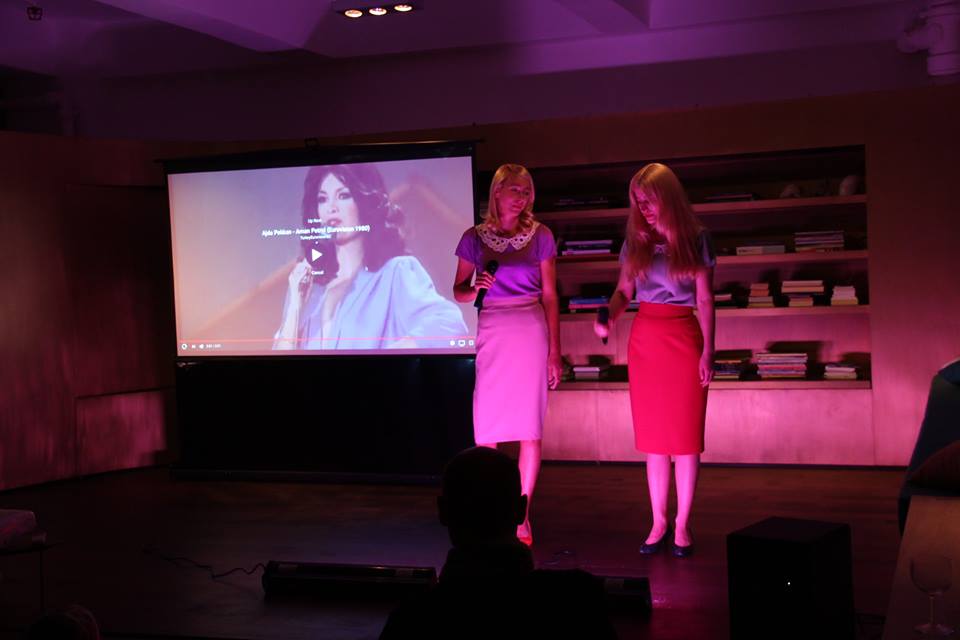Sunday, March 16, 2014
Contagious Architecture: Digital Control and Aesthetics
lecture Luciana Parisi
CNDB (National Dance Center Bucharest), Sala Stere Popescu
Address: Bulevardul Mărășești nr. 80-82, Sector 4, Bucharest
25th of June 2013, 17h00
The talk will address the question of algorithmic automation as a new aesthetic form of power. Algorithmic computation in architectural and interaction design is not simply an abstract mathematical tool but constitutes a mode of thought in its own right, in that its operation extends into forms of abstraction that lie beyond direct human cognition and control. The main philosophical source for the project is Alfred North Whitehead, whose process philosophy provides a vocabulary for “modes of thought” exhibiting various degrees of autonomy from human agency even as they are mobilized by it. Because algorithmic processing lies at the heart of the design practices now reshaping our world—from the physical spaces of our built environment to the networked spaces of digital culture—the nature of algorithmic thought is a topic of pressing importance that reraises questions of control and, ultimately, power.
Luciana Parisi is a Senior Lecturer and runs the PhD programme at the Centre for Cultural Studies at Goldsmiths University of London (UK). Her research looks at the relations between science and philosophy, cybernetics and information, technology and politics to formulate a critique of capitalism and at the same time investigate possibilities for change. Recently her research has engaged with computation, cognition, and algorithmic aesthetics. During the late 90s she worked with the Cybernetic Culture Research Unit at Warwick and has since written with Steve Goodman (aka kode 9). In 2004, she published Abstract Sex: Philosophy, Biotechnology and the Mutations of Desire, where she departed from the critical impasse between notions of the body, sexuality, gender on the one hand, and studies of science and technologies on the other.
Since the publication of Abstract Sex, she has also written on the bionic transformation of the perceptive sensorium triggered by new media, on the advancement of new techno-ecologies of control, and on the nano-engineering of matter. She has published articles about the relation between cybernetic machines, memory and perception in the context of a non-phenomenological critique of computational media and in relation to emerging strategies of branding and marketing.
Her interest in interactive media has also led her research to engage more closely with computation, cognition, and algorithmic aesthetics. Her latest book on architectural modeling is Contagious Architecture. Computation, Aesthetics and the Control of Space (2013).
“In Contagious Architecture, Luciana Parisi gives us a sense of space beyond spatiality, showing us an architecture in which the fixed is fluid—an evocative and rigorous study whose scope exceeds traditional disciplinary boundaries.”
—Eugene Thacker, School of Media Studies, The New School; author of The Global Genome
More essays by Luciana Parisi here


